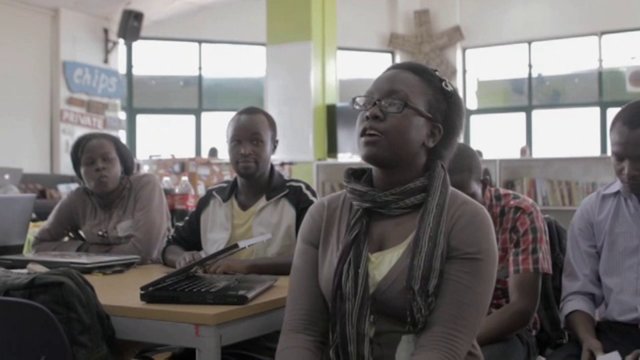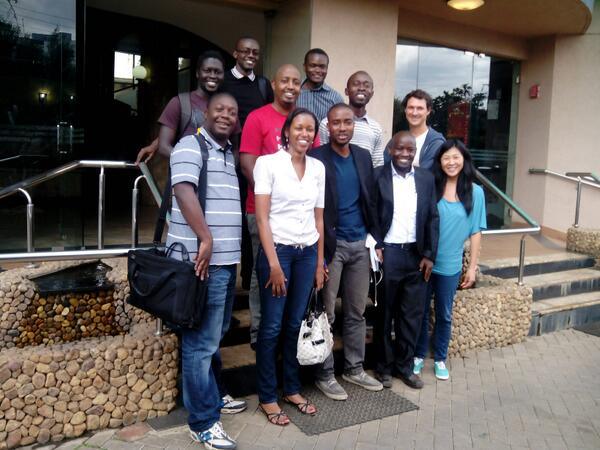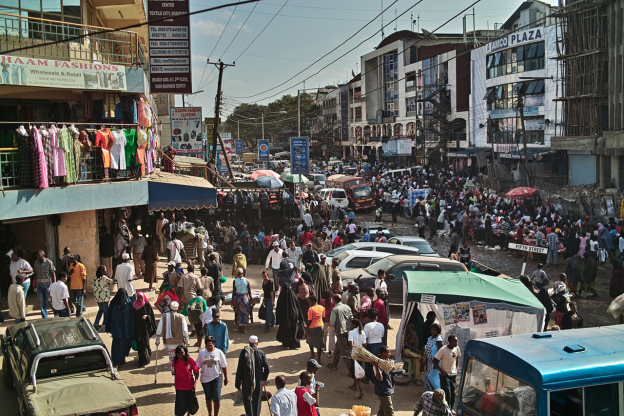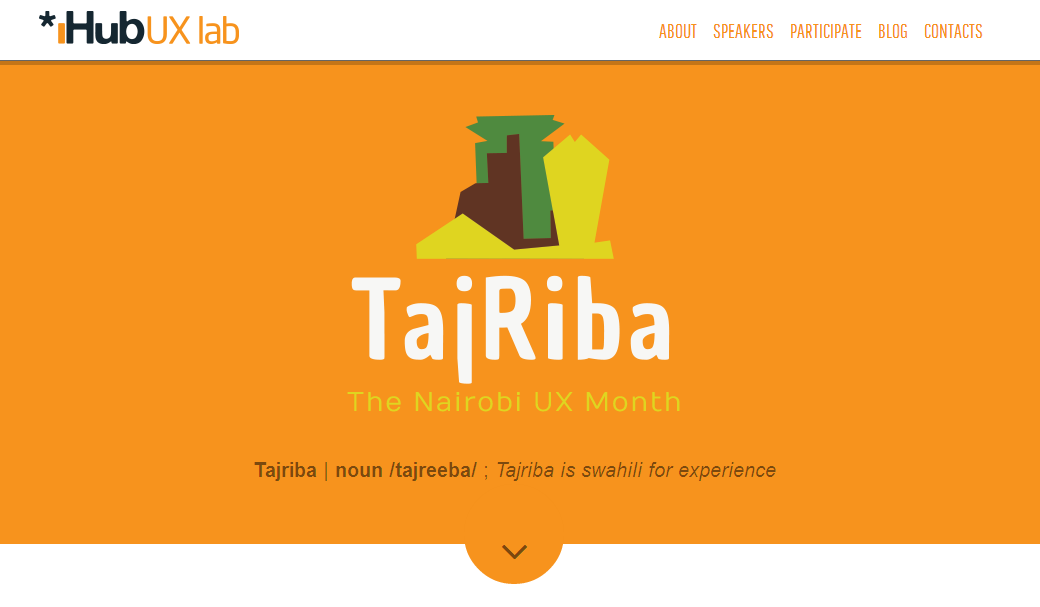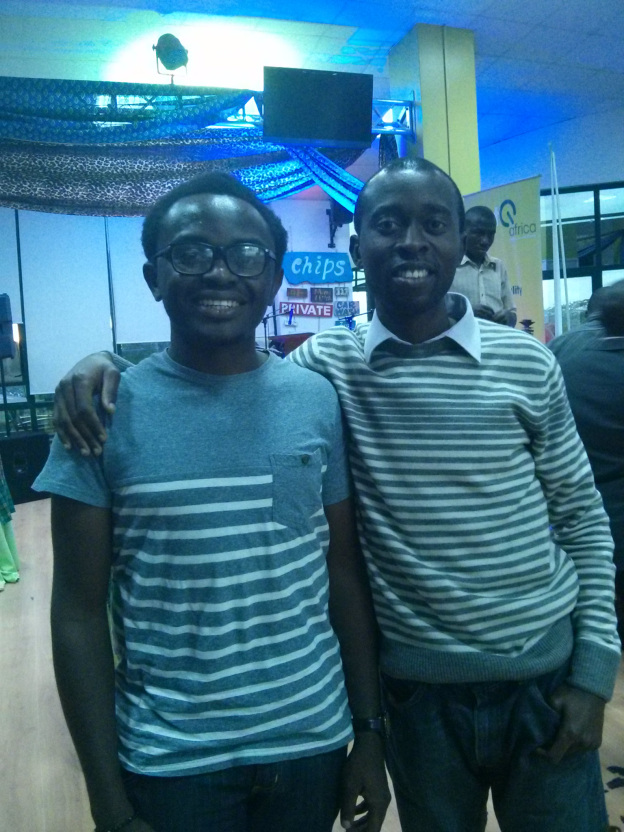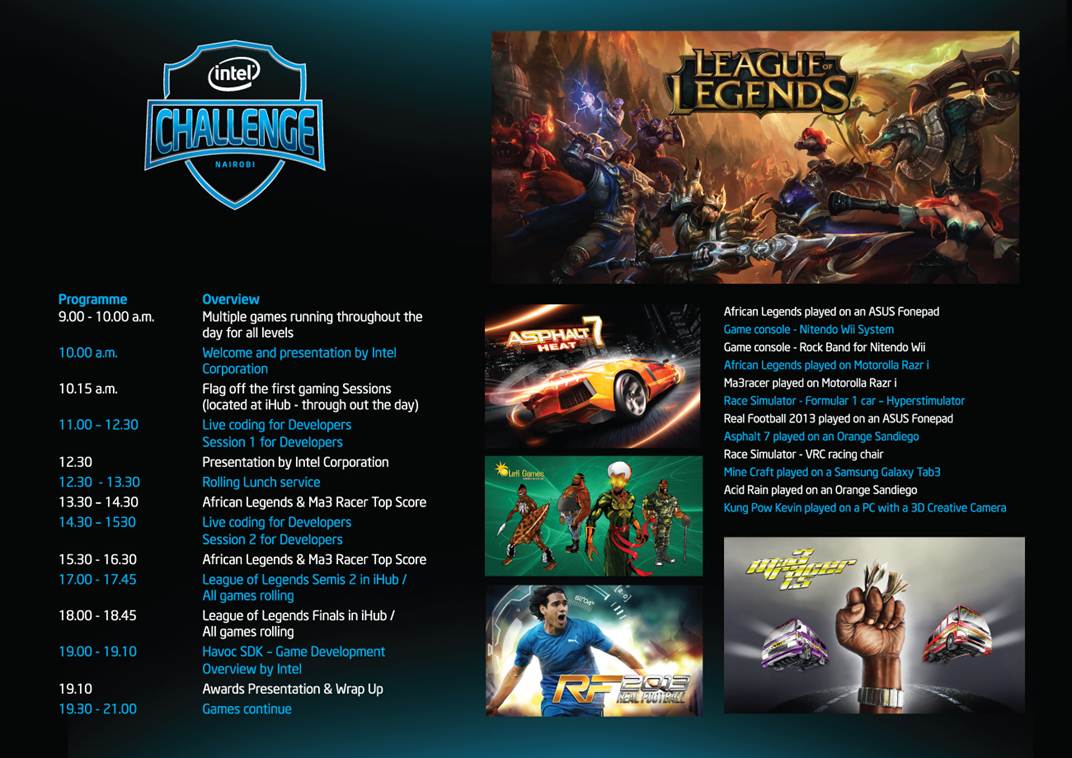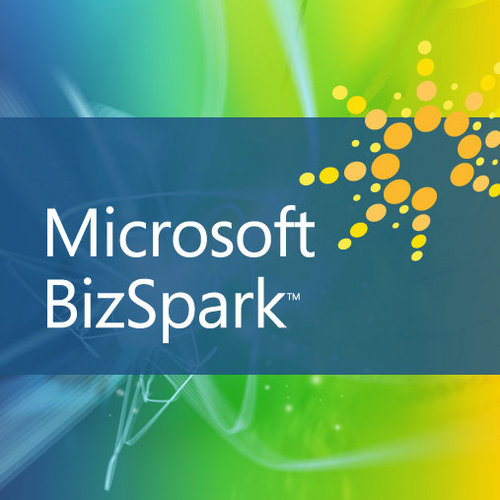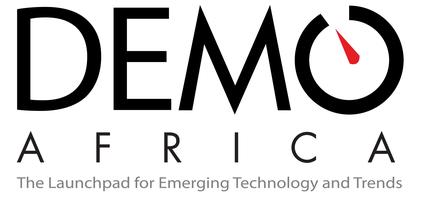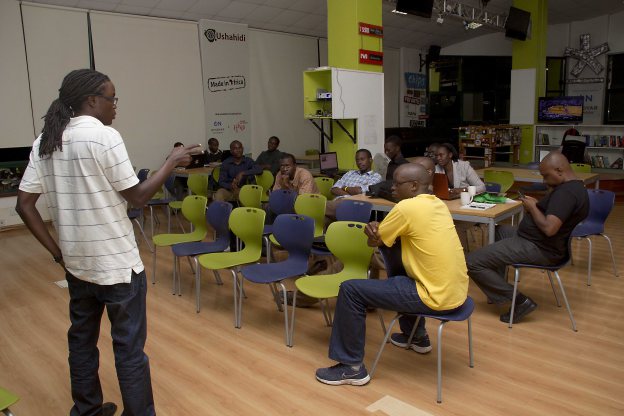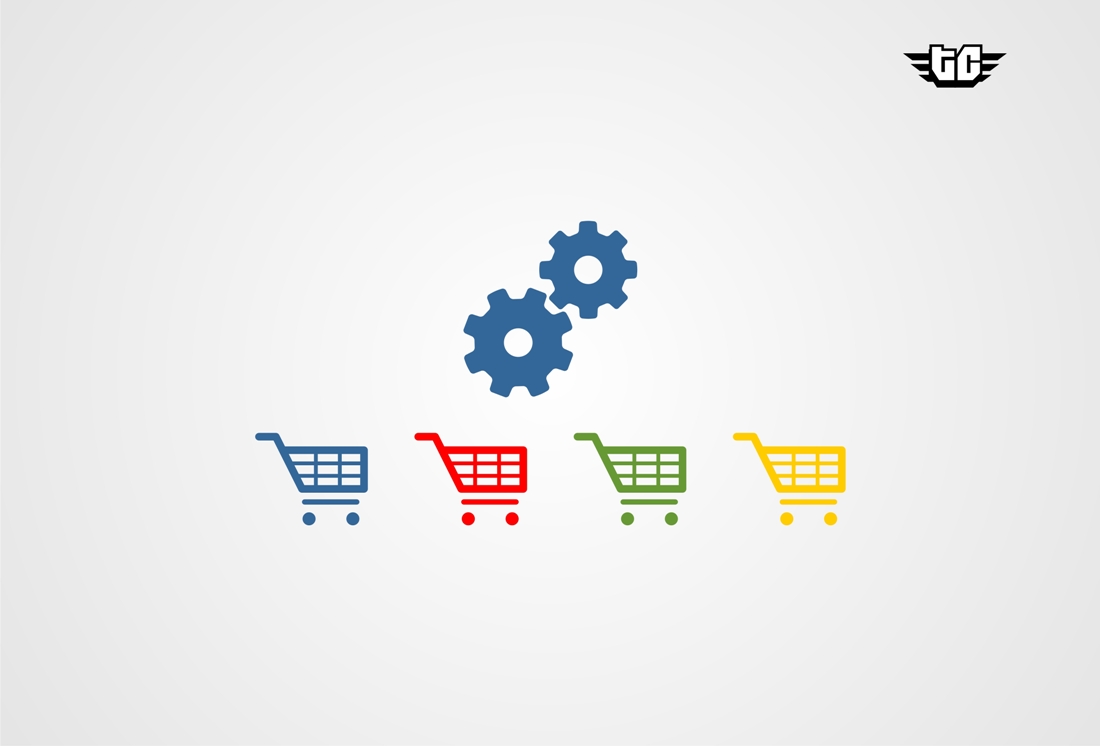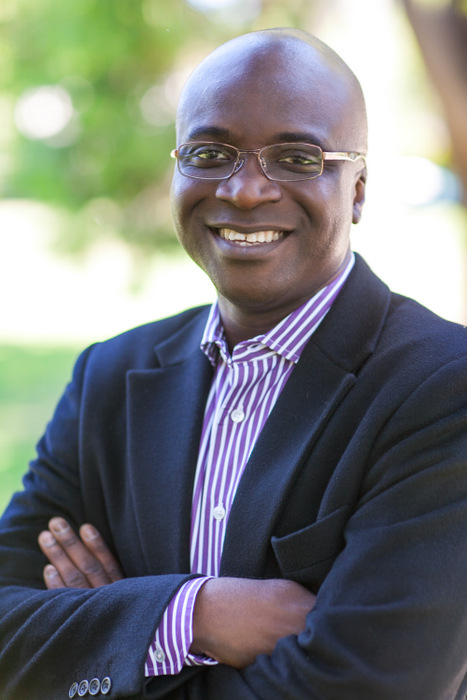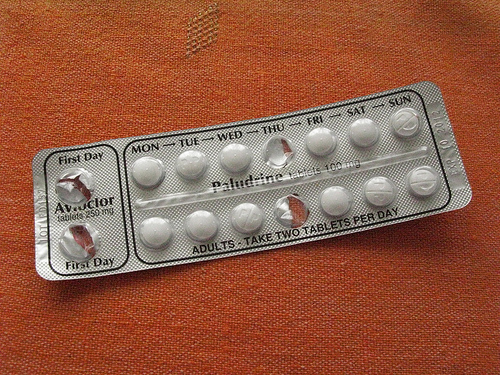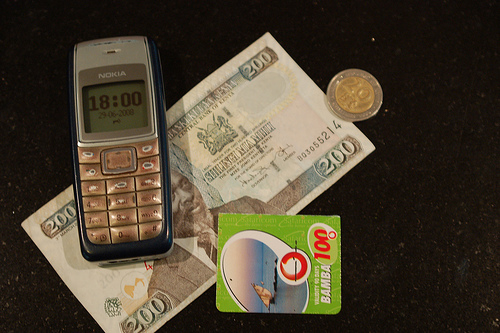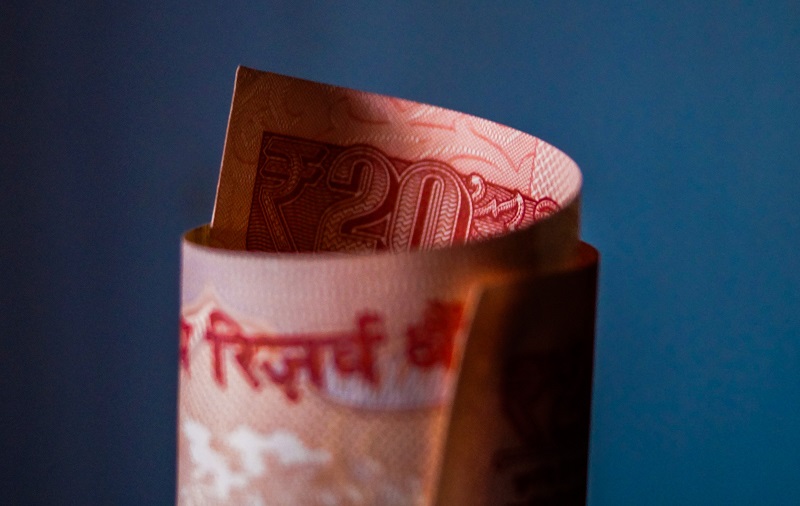On the 26th of August I landed in Kenya.
It was a wonderful time. I have never been so stressed like I was in Kenya. Never had to be so conscious of time because of what needed to get done. I am happy it is finally over.
This blog post is a summary of my stay in Kenya. It will be a long one. So please bookmark this page and sit down to read this.
Week 1 – Arrival
We would leave Ghana around 8 am on route to Nigeria. I don’t remember the time we got out of Nigeria. The plane took time to load and we had to wait for at least an hour in the plane. From Lagos, the plane would head to Kigali. Once we reached Kigali, we had to disembark from the plane. We waited for some time before we boarded another plane heading to Kenya.
The flight to Kenya was smooth. We arrived at 9 pm local time. The first thing that would hit me would be the chill. Nairobi is cold! We would wait together in a group until the bus would take us from the tarmac to a tent.
Kenya suffered an airport fire so no airport. All West Africans have to apply for a visa. But the children of the African Emperor (Nigerians) must bring a gift for the king of East Africa. Kojo and I landed in Kenya with no cash. We had money on our MasterCard but because of the fire no ATMs were working. I would be detained for 2 hours until we would be able to make an arrangement to pay the money.
Our taxi had been waiting for us for over 2 hours and still had to pay money at the gate to be allowed out. I got to see what MPesa had come to represent in Kenya. It isn’t perfect but its a functional and reliable system that has become part of everyday life in Kenya.
The taxi takes us to our apartment where our city guide and hostess have been waiting for us. There is food to eat and I am grateful for a bed. Its already a new day in a new city by the time we get to the apartment.
On the 31st of August, the accelerator program would finally begin with a session with two mentors. It would be a time to get an overview of the world of venture funding. It was also a time for all the teams in the accelerator to officially meet each other.
Week 2 – The Dust Settles
In the second week Mbwana shows us our office space. We also get to meet the other teams in the accelerator and we start to interact. I actually got pointed in the right direction on what shopping cart application I should look at. It’s amazing that being in the accelerator gave me access to a depth of knowledge that I couldn’t find by searching on the internet.
Week 3 – Tajriba
Tajriba means experience in Swahili. It was the start of the User Experience month at the iHub. In the third week, we meet with the owners of the Savannah Fund to discuss our goals in the accelerator program. Later in the week we had a session with the lawyers from ALN. I got some deep insight into corporate governance.
This week was particularly eventful because I got to meet two people from Nigeria. Mr. Akinwale, who is the head of West East and Central Africa for Microsoft and Udeze Kene, a UX designer working out of Co-Creation Hub in Lagos. Mr Akinwale came to the iHub because of a Windows 8 event. I didn’t know about the event until Kojo told me about it. The timing was perfect. I found out that on the following day, there would be a Windows Azure session.
The following day was Friday September 13th. I arrived early and learnt about all the feature of Windows Azure. At the end of the program, participants got a free 1 month sandbox access to Windows Azure from the presenter. I registered on Windows Azure before leaving the iHub.
Week 4 – Westgate Siege
On Tuesday the 17th we sat down in a session with the team from 3G Direct Pay for a session on online payments. I learnt a lot about credit cards and payment processes.
Thursday would see Mbwana give us a presentation on Fundraising and Valuation for start-ups in Africa. I got to learn a lot about the process of valuing a startup.
Saturday the 21st would witness the Westgate Siege. It would also be the day we would have a session with a Zillow staff. It would be a very engaging session on how to grow and scale a start-up. The Westgate Siege would mar the end of what was a very beautiful week.
Week 5 – The Siege Continues
[vimeo 76040355 w=500 h=281]
The Westgate siege would end on Tuesday the 24th of September. After that would follow a 3 day period of national mourning.
There were no sessions this week, but what did happen was the Africa Hack Trip where a bunch of European designers and developers would visit the iHub. It was a two day event. The first day was a barcamp where we got talking about what we did and the tools we used. The next day was the hackathon. At the end of the program, I had learnt about the Firefox OS and the Twitter API.
Week 6 – A New Month Begins
Monday September 30th would witness a miss of my first accelerator session. Mbwana had previously sent Kojo and I a calendar of events but the truth was that we didn’t check it. Mbwana read us the riot act.
October was warmly welcomed. It was a month that I felt a country that had witnessed such horrible terrorist attacks needed to heal. I saw a nation that had been hit dust itself off and move on. The rest of the week would pass without incident apart from me trying to learn how to integrate all the tools needed for the new shopping cart.
Week 7 – Intel Gaming Challenge
October 9th would feature a session on Intellectual Property from a patent lawyer. This session would in my opinion be the most informative of all the sessions we have had at the iHub.
October 12th would have me attending the Intel Gaming Challenge. I registered as a developer because we could not make up a team for SFAMBILI. I am grateful we didn’t. WE WOULD HAVE BEEN SLAUGHTERED. The quality of gamers who attended was extremely high. I had so much fun being a spectator. Intel outdid themselves with this tournament.
This week is memorable because it was the first week when I gradually got a hang on how to use the shopping cart software. The previous weeks had me feeling like I wanted to go home. It was in this week that I knew I would succeed.
Week 8 – BizSpark
This week we had a team review session with Mbwana. He stresses the need for us to get our metrics right and create our marketing plans.
This week is particularly awesome because I finally grasp the concepts behind our shopping cart and can now start planning how it will be hosted. It has been a frustrating journey getting to this point. We plan to use Windows Azure for the hosting because BizSpark allows us use Microsoft products for free for 3 years. Also I am more biased towards Microsoft products.
Week 9 – Demo Africa
This week saw people troop in from all over the world for Demo Africa. Demo Africa is a premier event for start-ups in the continent and took place on October the 24th and 25th. It was great to meet people from Nigeria who I had not seen in a very long time.
I was unable to attend because there was a Windows 8 training at the iHub where an instructor would be flown in to teach Windows Azure. The most important part of the training course was that I got to learn the nuances of Windows Azure.
Week 10 – Marketing Plans
On Monday October 28th, we had an accelerator session with a staff of Airtel. It was also a chance for all the start-ups in the accelerator to present their marketing plans.
No team was particularly impressive with their marketing plans and Mbwana made us understand that he would continue to insist that we get it right.
This week saw us transition into a new month. I would leave the month of October struggling to make the PrestaShop instance get assigned to a custom domain. I had succeeded in making the custom domain work but the site kept rerouting to its virtual IP address.
Friday November 1 would see all the teams submit their marketing plans to Malaika and Vivian. It would be a long weekend for me as I would be battling with my test store.
Week 11 – Bitnami
Tuesday November 5th would be one of the best days in my life as a programmer. I would finally have a perfect online shop running, although it took contacting the guys at Bitnami via the online forum. In the course of discussions, it was discovered that the online documentation was wrong.
November 6th would witness me attending the launch of Version 3.0 of Ushahidi. Ushahidi is the best open-source product out of Africa. Being there at the start of a new version was electrifying. The new system was designed from the ground up.
November 7th was the busiest day so far for all the members of the accelerator. We had the team from TLCom in an accelerator session and we all had to pitch to them. The pitches by all the teams this time were better. The most impressive for me was by CardPlanet. In this new pitch, they totally redefined their company. This accelerator session with TLCom was the first time I felt that we would all succeed as a team. Last week’s pitches left a bitter taste in my mouth. I feared the most for CardPlanet and I was happy that Rogers could rise to the occasion.
After the pitch sessions, we all got some presentation tips from Vivian and Malaika. Kojo and I had to later sit with Vivian and Malaika for a feedback session on our pitch. It was long and exhausting, but it was good to get to see beyond the tree we had to the forest it could become.
Later that night we would head to Brew Bistro for the TLCom Africa Nairobi office launch night. It would be a time to unwind a little. What is particularly interesting is the discovery that Nairobi is now an emerging tech hub. One question I asked the guys from TLCom is why Nairobi and the answer is because doing business here is easier.
November 8th would be amazing! We would finally get to meet MamaMikes. They are the oldest e-commerce company in Sub-Saharan Africa. It was great finally meeting them. We had a serious question and answer section with them cause that is where Zished is actually headed.
After the session with MamaMikes we had to head back to the iHub and prepare for a pitch with EchoVC. EchoVC is led by Eghosa Omoigui. He was the bluntest person we had ever pitched to. When the pitches were over, I felt like we had all just passed through the eye of a storm. November 9th would see Kojo and I head to the city center to repair Kojo’s laptop. In a funny twist of fate, his laptop screen got broken at a time when it was most needed. Kojo would have to use my laptop over the weekend to get ready for our pitch session on Monday.
Week 12 – Malaria
Monday November 11th would witness a barrage of emails from Vivian and Malaika. All the accelerator teams would have a pitch review session with them. Kojo did an excellent job working on the feedback we got from last week so we didn’t have too many complaints this time. I was surprised that they were able to notice simple mistakes in aesthetics.
On Tuesday November 12th, I would have to take malaria medication. The mosquitoes in Kenya had been biting and I could no longer sleep. That is when I finally agreed that I needed medication or I was in trouble.
Later that day, we would have another pitch session but I could not attend because I was too weak. Kojo would go alone. This would be the second accelerator session I would miss.
On Thursday November 14th I would confirm that I would be leaving Kenya on the 23rd of November. I must admit that I knew that my visa would expire on the 26th of this month but seeing the return ticket had the element of finality attached to it.
Friday would see us have a group pitch session where we would give feedback to each other. Before we pitched, Vivian and Malaika did a demo pitch. Beyond that I will say nothing more. Let’s just say that there was some dancing.
Week 13 – AfriKoin
Typically in schools, after students write their final examinations, all that is left is the end of year party. This was the pattern that the accelerator events followed. The week would start with emails from Vivian and Malaika. Basically they contained our schedules and expectations towards AfriKoin and a round-up of events at the accelerator.
Monday November 18th would see us give another presentation to Vivian and Malaika. Correction would then be made to the slides and feedback given.
The next day we would have a dry run in the evening. AfriKoin would be the earliest we would have to be at the iHub. We would come in at 7 am and do a demo pitch for the White African. He would give us feedback and we would all have to make quick corrections. AfriKoin came and ended at around 4 pm. Then we were on. CardPlanet pitched first followed by Zatiti then Zished and finally Inforex. At the end there was only the feeling of accomplishment.
The next day would be a blur. Kojo and I would have a review session at 11 am. I was around but my mind wasn’t. I was really tired from all that had happened at Demo Day. Later that night, we would all head out for our accelerator party.
***
Saturday the 23rd of November would be my last day in Kenya. It was sad leaving. I had spent 3 months in one of the few countries where Nigerians are made to feel awesome. I write this post from Ghana. When you run a web shop, it doesn’t make sense to miss the Christmas window so I have to be here.
Lessons Learned
- The whole of Africa is one big hunting ground. This continent lacks reliable infrastructure which presents a big opportunity. Eagles (Foreigners) and Lions (Citizens) have an opportunity to make a killing (Please translate in every sense of the word).
- E-commerce is the biggest business opportunity in Africa this decade. Mobile won the last decade but in order to consolidate on that, Africans have to become comfortable with virtual transactions.
- Kenya is an emerging tech hub in Africa. The partnership between PayPal and Equity Bank allowing withdrawals from within Kenya will change the dynamics of monetization in this region.
- Early stage investors bet on people not on business ideas. This is because at this stage the idea is untested. Here the only currency available is the pedigree of the founding team.
- The best way to learn is by doing. When I first arrived in Nairobi, I had never used PrestaShop, Bitnami or Windows Azure before. At the end of my stay here, I have a solid understanding of how they can be used together to deploy an e-commerce solution.
This is Truston Ailende. I am a member of the Zished Team and this is my report on my stay in Kenya. I spent 90 days living in Kenya. I am the first Nigerian to get accepted into the accelerator. Special thanks to Savannah Fund for the opportunity.
Image credits
angela7dreams via Compfight cc
hockadilly via Compfight cc
whiteafrican via Compfight cc









